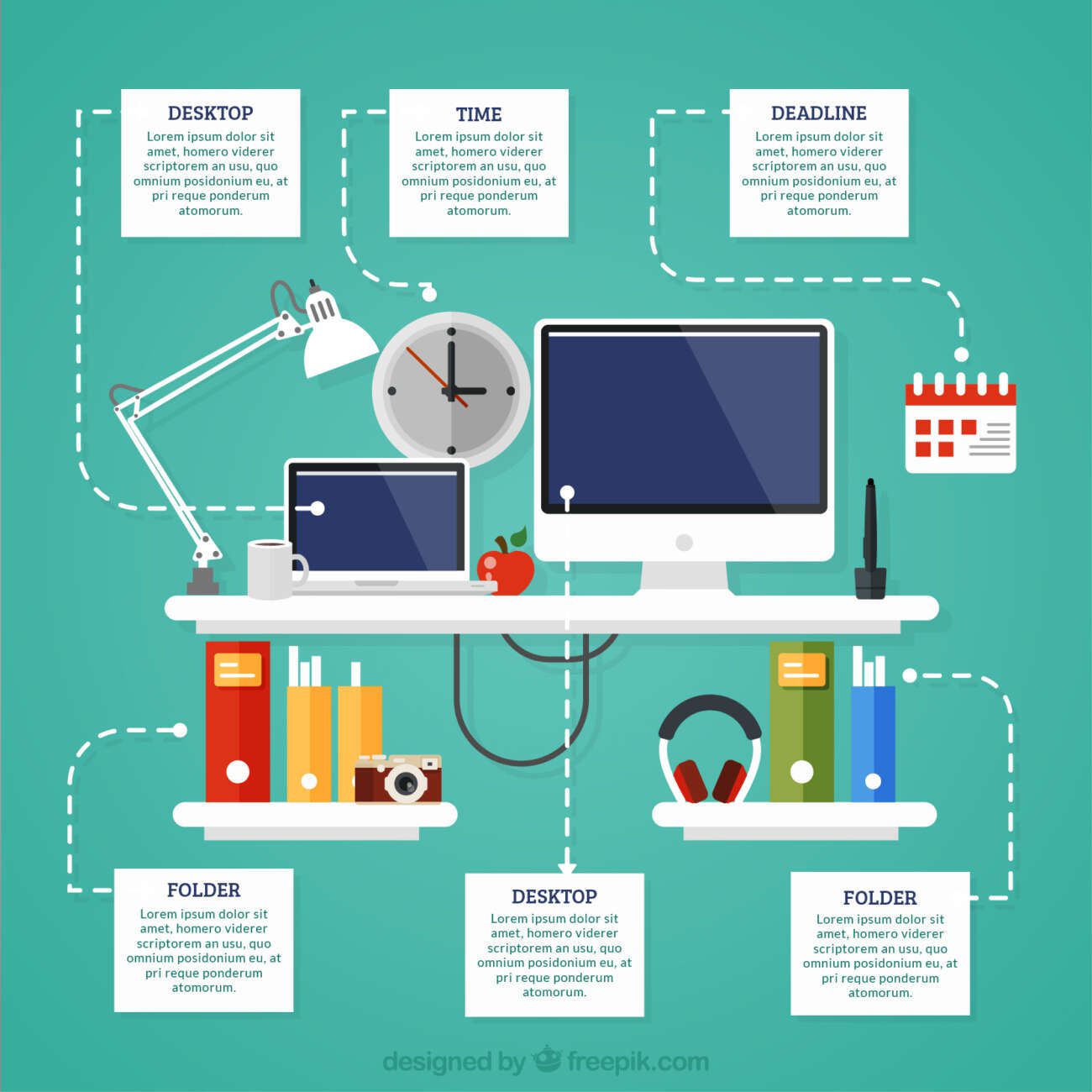Key Characteristics of a Computer: A Guide to Understanding Modern Machines
Introduction
In today’s digital era, computers are integral to almost every aspect of life. Whether it’s for personal use, business, or education, understanding the characteristics of a computer is essential. A computer is much more than just a machine – it’s a programmable device that performs complex tasks, stores vast amounts of data, and even communicates with other systems. Let’s dive into the fundamental characteristics of a computer and explore how these powerful devices operate.
1. A Computer is a Machine that Can be Programmed to Carry Out a Set of Instructions
One of the primary characteristics of a computer is its ability to execute programmed instructions. A computer is a machine that can be programmed to carry out a set of instructions, enabling it to perform specific tasks based on user inputs. This functionality allows computers to run software applications ranging from word processing programs to complex engineering simulations. This versatility has made computers invaluable in fields like medicine, engineering, and entertainment, where they can handle millions of calculations in mere seconds.
2. A Computer is a Device that Can Be Used to Store and Process Data
Data storage and processing capabilities are essential characteristics of a computer. A computer is a device that can be used to store and process data rapidly and accurately, allowing users to retrieve information instantly when needed. Computers today are equipped with massive storage capabilities, from hard drives to cloud storage, where data can be stored safely and accessed on-demand. Moreover, computers can process data in real-time, making them ideal for tasks that require quick and accurate results, such as data analysis and statistical calculations.
3. A Computer is a Machine that Can Be Used to Communicate with Other Machines
In our connected world, the ability to communicate is a defining characteristic of a computer. A computer is a machine that can be used to communicate with other machines, allowing it to share data and information over networks. This characteristic has paved the way for the Internet, which connects billions of devices worldwide. Through communication protocols, computers can exchange data, access remote servers, and connect with other systems, making it possible for individuals and businesses to interact seamlessly across the globe.
The Versatile Nature of Computers
Beyond the fundamental characteristics of a computer, these devices are adaptable to numerous applications and sectors. Computers are used in various industries, from healthcare and education to finance and entertainment. Their multifunctionality stems from the characteristics of a computer like programmability, data storage, and communication. This adaptability ensures that computers will continue to play a vital role in the development of technology and the advancement of society.
Conclusion
In conclusion, the characteristics of a computer have transformed the way we live, work, and connect. A computer is a machine that can be programmed to carry out a set of instructions, a device that can be used to store and process data, and a machine that can be used to communicate with other machines. Each of these characteristics has contributed to the versatility and indispensability of computers in modern life. As technology continues to advance, the role of computers will undoubtedly grow, driving further innovation and connecting the world in new and exciting ways.








Leave a Comment